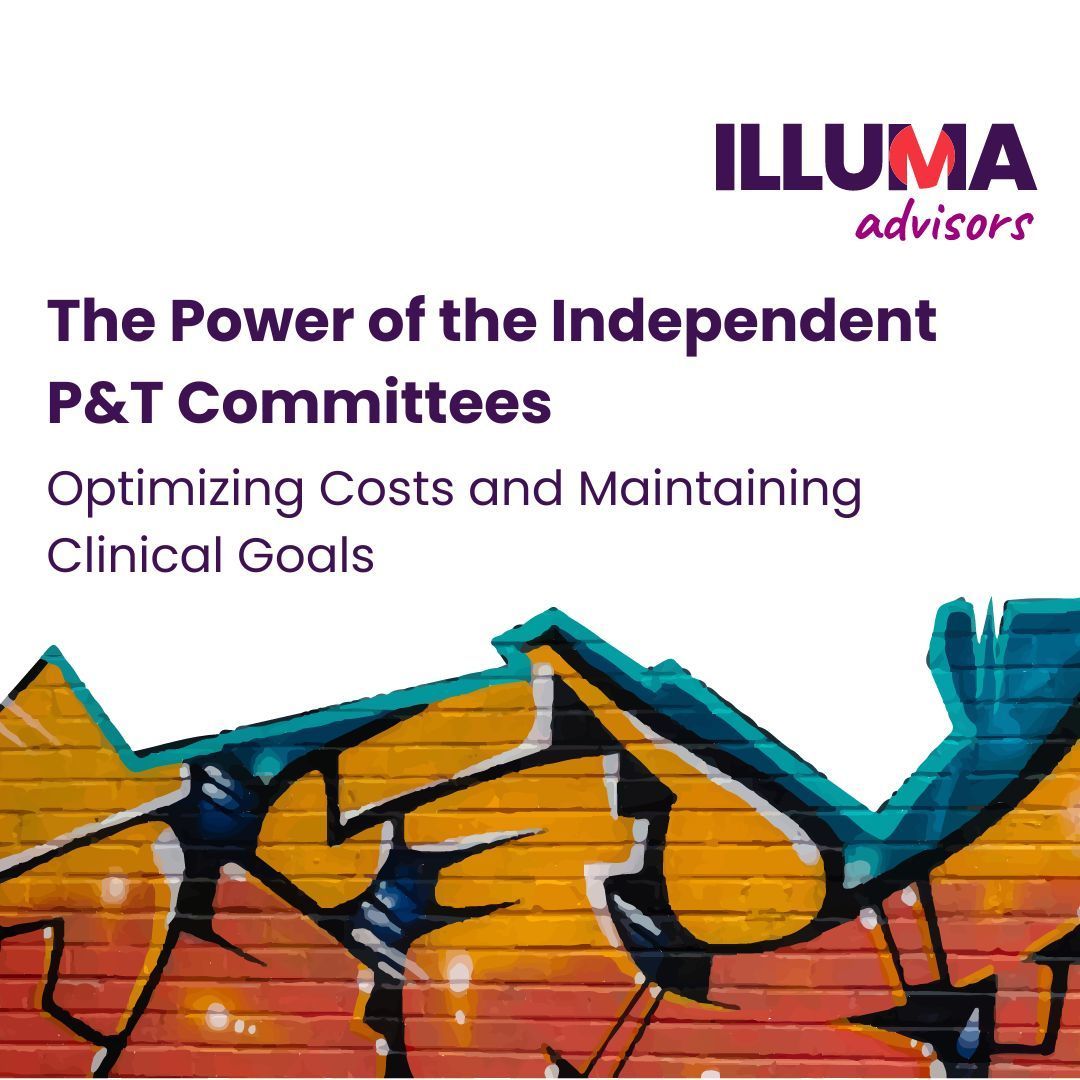A New Era of Pharmacy Benefit Manager Regulations

In the rapidly evolving landscape of healthcare, Pharmacy Benefit Managers (PBMs) have come under increased scrutiny. Both federal and state governments are pushing forward with reforms aimed at regulating PBMs to address critical concerns about pricing, transparency, and competition. These regulatory efforts reflect a broader attempt to curb practices contributing to high drug prices and to foster a more competitive and transparent pharmacy benefits market. Let's delve into some key developments and understand how these changes might impact the healthcare industry.
California's Proposed Legislation
In a bold move to combat rising healthcare costs, California Senator Scott Wiener introduced Senate Bill 966 (SB 966), which aims to implement the nation's strongest regulations against PBMs. The bill mandates PBMs to obtain licenses from the California Board of Pharmacy and increases transparency regarding their role in drug pricing. It includes provisions to end steering patients to affiliated pharmacies, outlaw spread pricing, and require PBMs to pass all negotiated drug rebates to payers or patients. This legislation marks a significant step towards ending anticompetitive practices and promoting fairness in drug pricing.
Federal and Other State-Level Actions
The federal government and various states are engaging in a rigorous debate and legislative efforts focusing on PBM reform. These efforts primarily revolve around enhancing price transparency and banning spread pricing. Despite the clear need for reform and the momentum behind these initiatives, the path forward in 2024 remains fraught with challenges, including competing priorities and significant opposition from PBM lobbying groups. However, the traction gained by some bills suggests a growing consensus on the need for greater oversight and transparency in PBM practices.
New York's Regulatory Proposals
The New York State Department of Financial Services (DFS) has put forward what it describes as the most comprehensive set of market conduct rules for PBMs in the nation. These proposed regulations aim to increase oversight by regulating contracts with network pharmacies, prohibiting preferential treatment of pharmacies owned or affiliated with PBMs, and implementing consumer protection requirements. This includes prohibitions on certain fees charged to pharmacies and requirements for PBM contracting practices, setting a new standard for state-level PBM regulation.
The Road Ahead
As the regulatory landscape continues to evolve, organizations involved in the healthcare sector must stay informed and adaptable. The increased scrutiny and regulatory action targeting PBMs signal a significant shift towards ensuring that drug pricing is fair, transparent, and competitive. This evolving regulatory environment presents both challenges and opportunities for stakeholders across the healthcare spectrum.
Stay Ahead with Illuma Advisors
Navigating the complexities of these new regulations requires expert guidance and strategic planning. Illuma Advisors, with our deep understanding of the healthcare regulatory environment, is ideally positioned to help your organization adapt to these changes. Whether you're seeking to understand how these developments affect your operations or looking for strategies to leverage these regulatory shifts, our team of experts is here to guide you.
To explore how we can assist you in navigating the new world of PBM
regulations and understand what it may mean for your organization, visit us at illumaadvisors.com. Don't let regulatory complexities hinder your progress.
Contact Illuma Advisors today and ensure your organization is well-prepared to thrive in this new era of healthcare.
Subscribe for Exclusive Industry Insights
Subscribe for Exclusive Industry Insights












